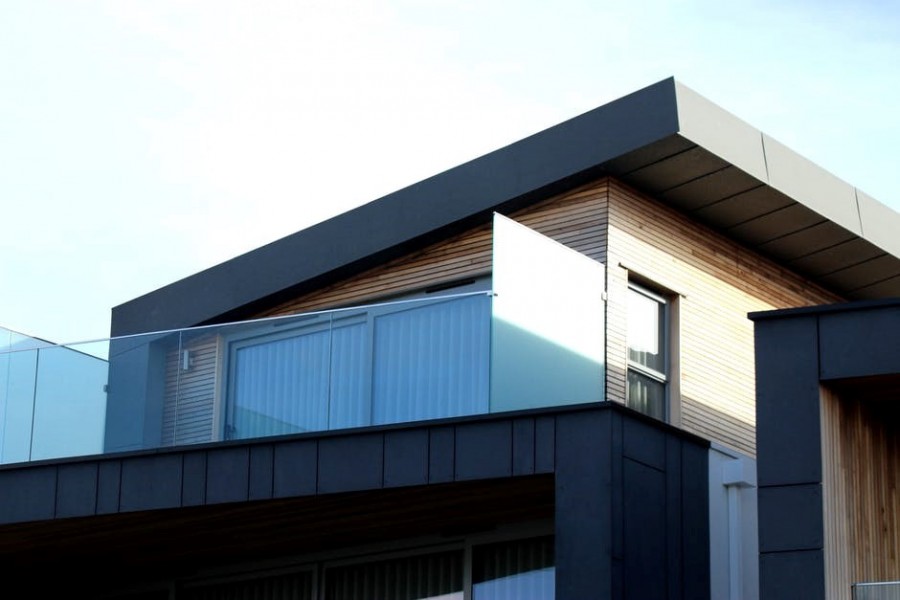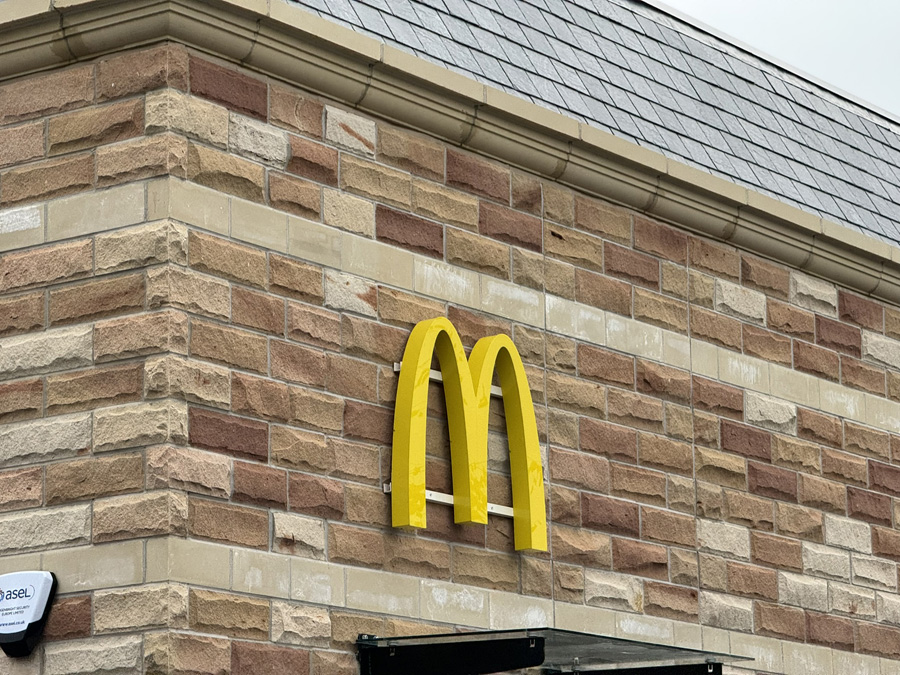The health of the construction industry is symptomatic of the health of a country’s economy. But even when large scale building projects are being built, efficiencies are not being maximised. Could modular building have the answer? MTX Contracts take a look at what efficiencies this building technique can offer.
Building a new property, whether it is a domestic dwelling or commercial premises, is an exciting project but it is not without its problems. It can be a costly endeavour in terms of finances, resources and time. But modular building, not a new building process but one that has come of age in recent years, could be the technology needed to boost efficiencies.
As specialists in modular building, MTX Contracts highlight how this ‘new’ way of doing things could bring about maximum savings across three key areas and help streamline the construction industry to offer bigger, better results.

Money
The biggest element of any building project is money or, more accurately, the lack of it. Invariably, the budget is not bottomless. Decisions have to be made and no doubt, a fair amount of compromises too.
The budget is divided over many aspects of the build, from specialist tradespeople needed to complete the project to materials. The costs of materials fluctuate too, depending on demand and supply.
But it not just the cost of bricks and mortar but running costs too. Modular buildings are known to be far more energy efficient than traditionally built properties.
However, the problem is not just the cost of materials but waste too. Part and parcel of a building site are the skips – even though within construction, recycling is increasingly common – but with all the component parts of a traditional build, there is still a lot of waste, from builder merchants bags to plastic.
Thus, an additional cost of a traditional build is the cost of processing waste. But with modular build technology, especially one that uses timber and other sustainable materials, waste is minimised and thus, the cost of servicing the build is minimised too.
Time
From start to finish, it can take several months, sometimes years, from the design process to the end product when building using traditional methods or even the ‘new’ way of using steel structures and pre-fabricated concrete slabs.
There is a process through which a traditional building goes through from planning and design, through to groundworks, foundations, building and finishing.
But what is time could be used more efficiently? What if the steps of building could happen in tandem?
In effect, this is exactly what happens with modular building. The process starts the same but at the point where groundworks begin, the actual building process begins too. This is because the modules are pre-fabricated in a ‘factory’ or workshop setting.
This simple change in the build process reduces the time spent building a property by almost half.
Transported to the site, the modules are connected, a simple process but one that gives outstanding results.
Politically, the building of affordable and suitable homes is a hot potato in 2018. When housebuilding is stagnant, the economy stutters and slows. Until banks start lending on mortgages again, it can be difficult to revitalise the housing construction industry.
And the housing stock available is not always what people need and thus, we are left with housing that suits no one.
And so, with this in mind, doesn’t it make sense to look at what modular built homes could bring not only the people who live in them but the economy and the construction industry as a whole? Taking months rather than years to complete, people could have a choice of warm and well-designed homes to choose from.
Resources
Not all build processes are environmentally friendly. In fact, there are some processes that impact heavily on the environment, such as the use of non-renewable resources. It is also an energy-intensive process to build along traditional lines.
Again, this is an inefficiency that contributes to the overall cost of any building project. But with less waste and using sustainable resources, the modular build process promotes increased efficiency in the use of materials.
Neither is the modular building process energy intensive. The process from start to finish is far kinder to the environment, to the amount of time spent on a project and to your budget too.
MTX Contracts are specialists in the field of modular design and build. With many exciting projects under their belt – and many more to come! – you can follow the amazing modular build projects on Twitter @MTXContracts




















